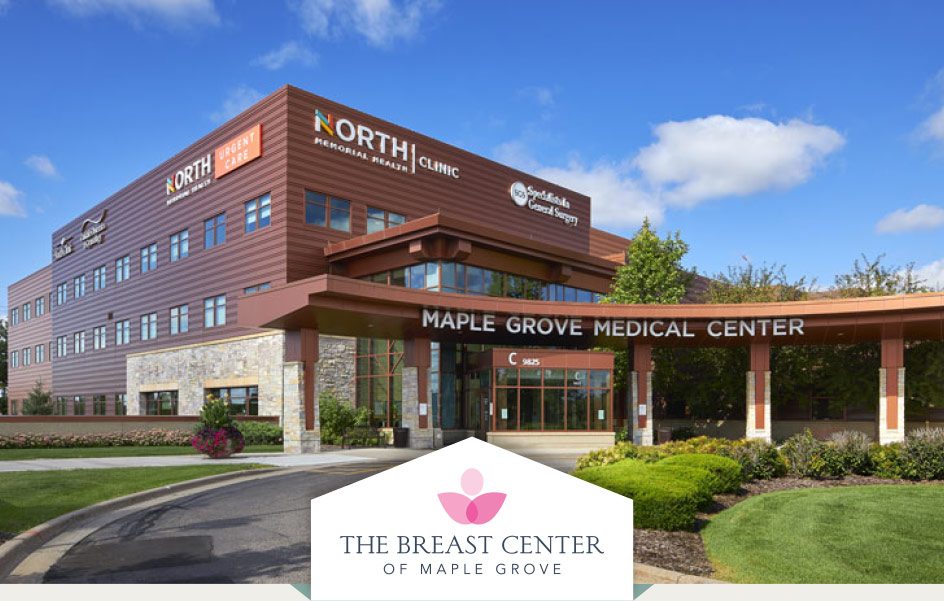Breast calcifications are tiny deposits of calcium in breast tissue. Although you cannot feel them during a self-breast exam, they typically appear as white spots or dots on a mammogram image, especially in older women.
In fact, calcifications are found on about 50% of mammograms in women aged 50 and older and on about 10% of mammograms in women under 50. They may develop naturally as breast tissue ages or result from a previous fibroadenoma, cyst, infection, or injury.
But are they cause for concern?
While they are often harmless, calcifications can sometimes signify a more serious condition. In this article, we’ll explore the causes, symptoms, and treatment options for breast calcifications.
Causes of Breast Calcifications
Various factors, including aging, injury, inflammation, and benign breast conditions, such as fibroadenomas or cysts, can cause breast calcifications.
Types of Breast Calcifications
There are two types of breast calcifications: macrocalcifications and microcalcifications.
- Macrocalcifications are usually benign (non-cancerous), appear large and round, and randomly spread throughout the breast.
- Microcalcifications are typically benign but may require additional care. They will appear smaller and clustered in one area.
Your doctor may recommend additional testing for microcalcifications to check for precancerous cells or cancer. This may include a diagnostic mammogram, breast ultrasound, or a biopsy to examine the tissue more closely.
Symptoms of Breast Calcifications
Breast calcifications typically do not cause symptoms and are too small to feel on your own. However, they will appear as small white spots or lines on your mammogram image.
FAQs about Calcifications on a Mammogram
Should I worry about calcifications in my breast?
Remember that calcifications on a mammogram are common, especially as you age. However, regular mammograms can ensure you and your healthcare team are aware of their presence, helping you pursue further testing to rule out anything suspicious.
Doing so also allows you to treat any issues in their earliest stages.
What percentage of breast calcifications are cancer?
The research on this number varies. However, most calcifications are typically benign.
Some research shows microcalcifications that end up being cancerous are around 12%, but this number may be higher (up to 41%). Therefore, getting regular mammograms is vital to living well and addressing any breast abnormalities as early as possible.
The earlier the diagnosis, the higher the success rate, and often, the less-invasive your treatment.
What is the treatment for breast calcification?
The treatment for breast calcifications depends on the underlying cause. For example, when macrocalcifications are present, no treatment may be necessary, and your healthcare provider may recommend regular mammogram monitoring to check for any changes in size, shape, or pattern.
When microcalcifications are present, you may need to undergo a second imaging exam to give the radiologist a closer look at the area.
- If the calcifications look potentially cancerous, the radiologist may order a breast biopsy to test for cancerous cells.
- If the calcifications are not potentially cancerous, the radiologist may request that you return in 6-12 months for a follow-up exam to look for changes.
- If the calcifications do show signs of cancer, your radiologist and healthcare team will work with you to design a treatment plan.
In some cases, surgery may be necessary to remove the affected tissue. Again, your healthcare provider will work with you to choose the best treatment course based on your individual situation.
Mammograms Save Lives
If you haven’t had your mammogram yet this year, we invite you to schedule your appointment at The Breast Center of Maple Grove. Appointments are available Monday-Friday, 7:30 am-5:00 pm, with extended hours on Tuesday from 7:30 am-8:00 pm. Walk-ins are also welcome!
If you have questions about calcifications on your last mammogram or would like to make an appointment, please contact us at 763-398-6370 or complete our online form today.

